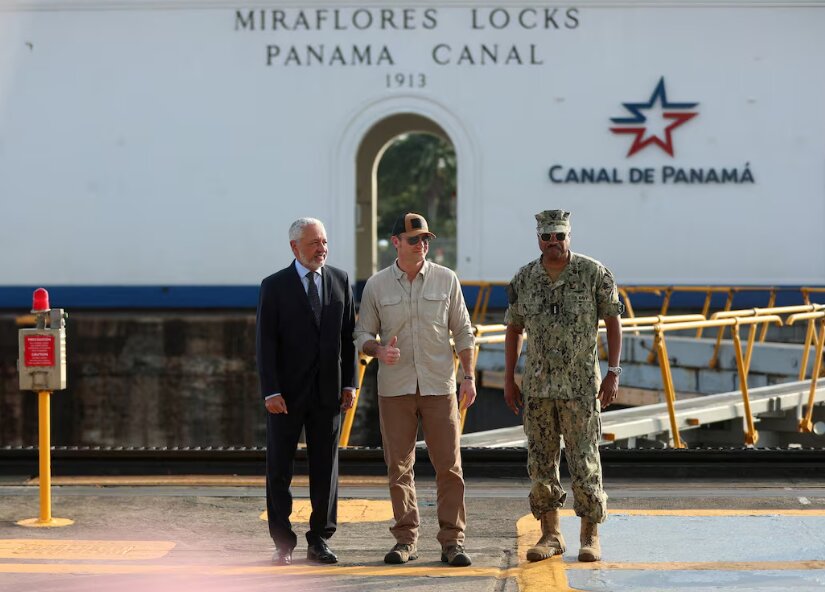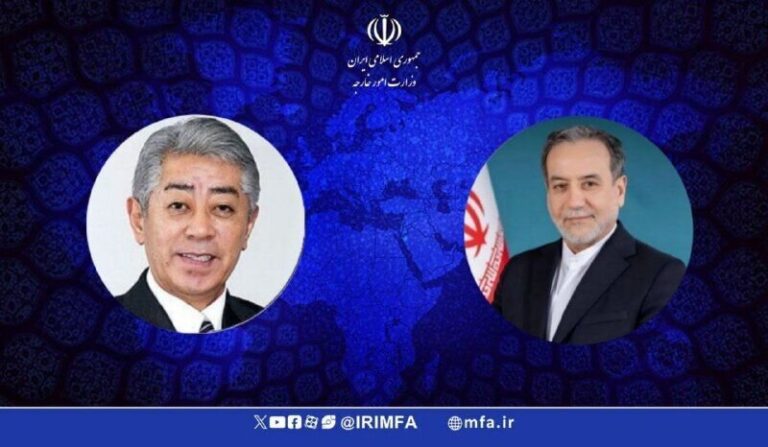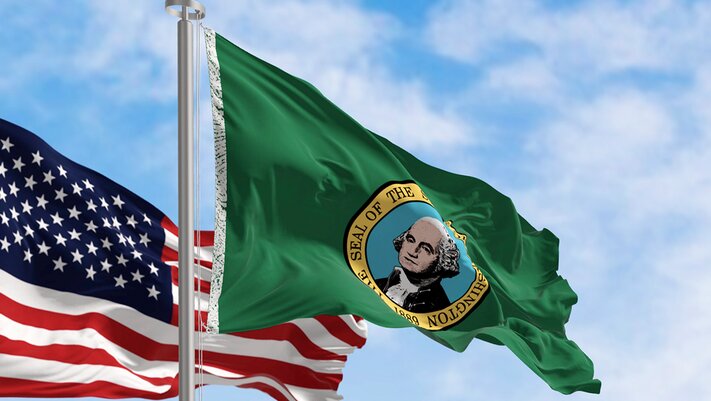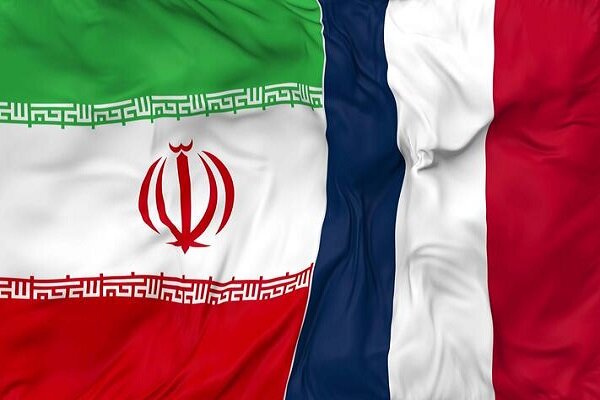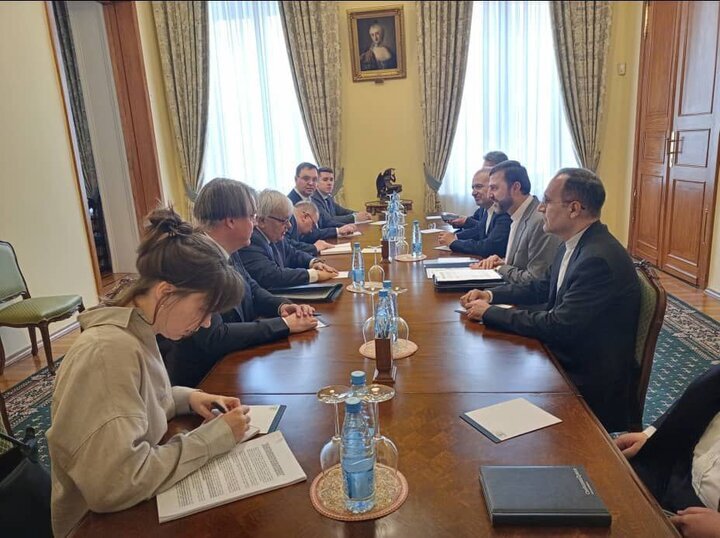Pentagon Announces Plans to Reclaim Panama Canal from Chinese Influence
The ongoing geopolitical tensions surrounding the Panama Canal have become a focal point in US-China relations. During a recent visit to Panama, US Defense Secretary Pete Hegseth emphasized the United States’ commitment to safeguarding the operations of this critical waterway. His statements underline the significance of the canal in global trade and the increasing scrutiny of China’s influence in the region.
Hegseth’s visit marks the second time a senior US official has traveled to Panama since President Donald Trump’s administration began in January. His remarks reflect a broader strategy to “take back” the canal, which the US built and has historically controlled, from what he perceives as China’s growing dominance.
During his speech at a police station near the canal’s entrance, Hegseth articulated several key concerns:
- Threats to the Panama Canal: He asserted that the canal is currently facing ongoing threats that could impact its operations.
- US-Panama Cooperation: Hegseth emphasized the partnership between the US and Panama, vowing to “take back the Panama Canal from China’s influence.”
- Military Deterrence: He highlighted the role of the US military as a “deterrent power” capable of ensuring the canal remains accessible to all nations.
According to Hegseth, China’s control over critical infrastructure in the canal area poses significant national security risks. He suggested that this control enables Beijing to conduct espionage activities that compromise both Panama’s and the United States’ security and sovereignty. In his own words:
“China’s control of critical infrastructure in the canal area gives Beijing the power to conduct spying activities across Panama, making Panama and the United States less secure, less prosperous and less sovereign.”
In response to Hegseth’s comments, the Chinese Embassy in Panama issued a statement firmly denying any interference by Beijing in the canal’s operations. They stated:
“China has never taken part in the management or operation of the Panama Canal, nor has it interfered in issues concerning the waterway.”
The embassy called for the US to cease its “blackmail” and “plundering” of Panama and other regional countries. They described Hegseth’s remarks as “not at all responsible or founded,” asserting that the US has initiated a sensationalist campaign based on the so-called “China threat theory.” The statement further emphasized:
“China has always respected Panama’s sovereignty with regard to the canal.”
The Panama Canal has been a critical trade route since its opening, and the management of its ports has been a point of contention. The Panama Ports concession, which allows the operation of Balboa port on the Pacific side and Cristobal port on the Atlantic side, was originally granted in 1997 and renewed for another 25 years in 2021. This concession is vital for the economy of Panama and plays a significant role in international shipping logistics.
As the geopolitical landscape continues to evolve, the Panama Canal remains a strategic asset. The US’s proactive stance reflects broader security concerns regarding China’s expanding influence in Latin America, where investments and infrastructure projects have sparked debates about sovereignty and economic dependency.
In conclusion, the ongoing dialogue about the Panama Canal highlights the complexities of international relations in a rapidly changing world. As both nations stake their claims over this vital waterway, the implications for trade, security, and regional partnerships will be closely monitored by observers worldwide.
